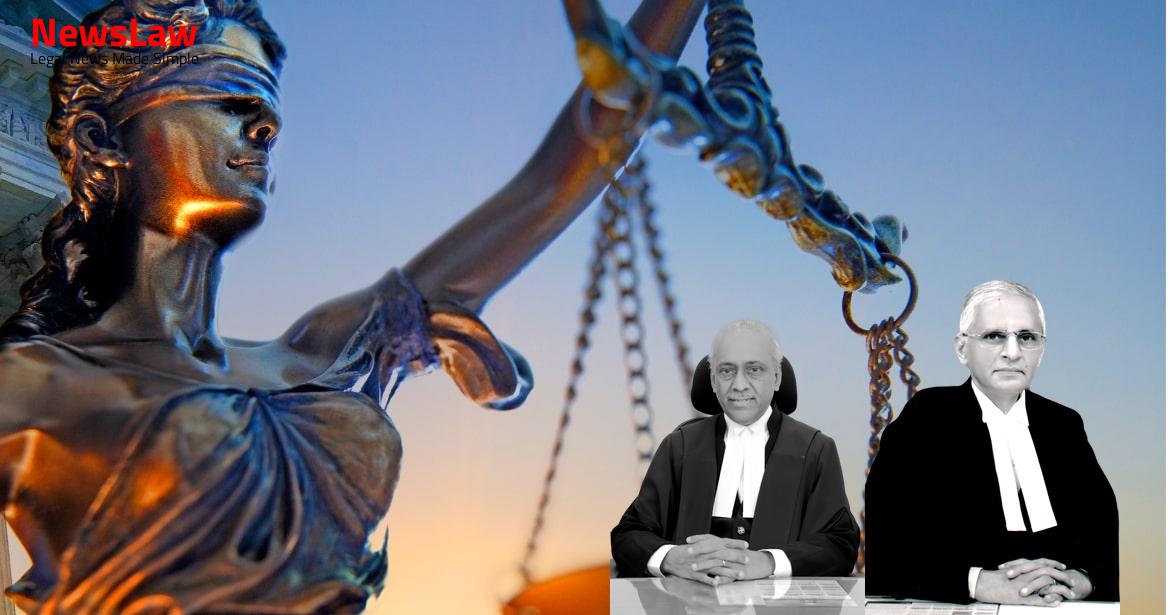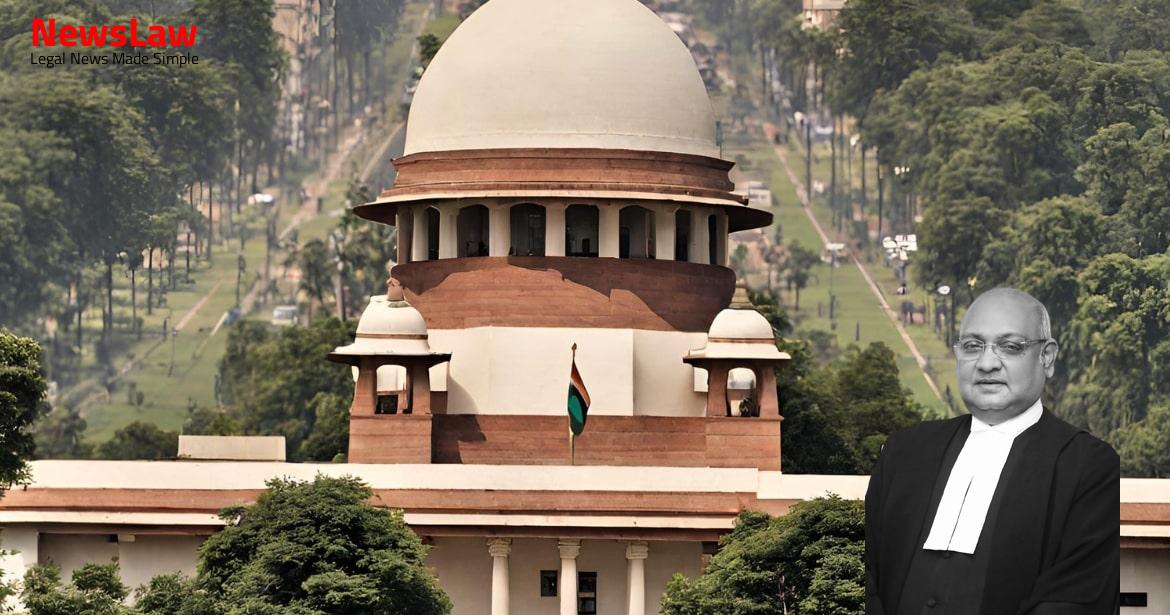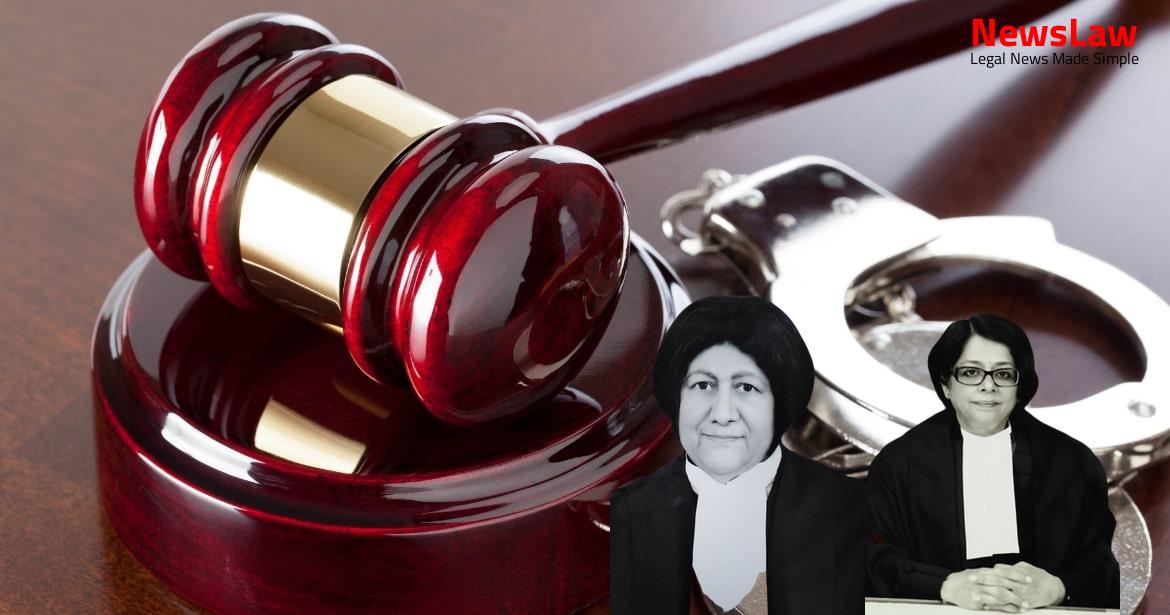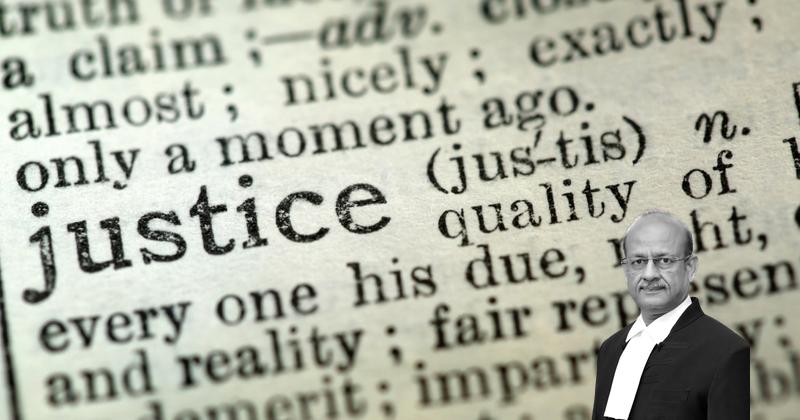The High Court recently undertook a detailed analysis of the High Powered Committee’s decisions regarding interim bail for certain categories of offenders. This legal case summary focuses on the court’s examination of the absence of a statutory basis for bail consideration, the reasoning behind the categorization of prisoners by the HPC, and the overall balance struck between decongesting prisons and maintaining societal order during the pandemic. Stay tuned to understand the intricate legal analysis behind this significant judicial review.
Facts
- The High Court considered the petitioners’ claims to be aggrieved and seeking relief in the PIL- CJ-LD-VC No.44/2020 before it.
- The petitioners challenged decisions of the High Powered Committee (HPC) dated 25.03.2020, 11.05.2020, and 18.05.2020 regarding grant of interim bail and release of certain categories of offenders.
- Specifically, they contested the exclusion of certain offense categories for interim bail, the clarification on release of prisoners by HPC, and the requirement for life-sentenced prisoners to have been released on furlough or parole previously.
- The High Court, after detailed consideration, decided not to interfere with the HPC’s decisions, except for certain observations made in paragraph 36 of the order.
Also Read: Analysis of High Courts’ Jurisdiction and Court Orders Under Article 142
Analysis
- The High Court was justified in its conclusion due to the absence of a statutory basis for bail consideration, which was provided based on the order of the Court.
- The High-Powered Committee (HPC) was tasked with classifying prisoners for potential release based on various factors including the nature and severity of the offense.
- The High Court approved the categorization made by the HPC, considering the intention behind the Court’s order in the context of the pandemic.
- The exclusion of certain categories of prisoners from interim bail was reasonable and aimed at ensuring the benefit did not compromise societal order.
- State/Union Territories were directed to form HPCs to consider the situation in their prisons, leading to tailored decisions for each region.
- The interim bail was granted to avoid overcrowding amidst the pandemic, with a focus on decongestion and the severity of offenses committed.
- The HPC guidelines classified prisoners into categories, considering factors like the type and severity of the crime for potential release on interim bail.
- The HPC’s decisions were based on the specific circumstances in each state and were not meant to grant bail indiscriminately.
- The balancing act between decongesting prisons and maintaining social distancing was at the core of the Court’s directive and the HPC’s guidelines.
- The HPC’s guidelines were issued after deliberation and aimed at ensuring a reasonable and justified approach to granting interim bail under the given circumstances.
- Equality before the law or the equal protection of laws is essential.
- High Court referred to the decision of this Court in various cases for understanding the circumstances when the requirement of Article 14 of the Constitution is to be satisfied.
- Cases referred include The State of West Bengal vs Anwar Ali Sarkar (AIR (39) 1952 SC 75), Arun Kumar & Ors vs Union of India & Ors. (2007) 1 SCC 732, and K.R. Lakshman & Ors. vs Karnataka Electricity Board (2001) 1 SCC 442.
- Release of prisoners based on impugned guidelines to decongest prisons has been deemed appropriate.
- High Court noted the release of 10,338 prisoners on interim bail/parole and 26,279 prisoners currently in prison.
- Temporary prisons set up in 36 locations to accommodate additional prisoners and prevent overcrowding.
- Grievance may arise for an individual prisoner if discrimination is found within the same category benefiting from the guidelines.
- If the current categories do not achieve the intended purpose, HPC can consider modifying guidelines in the future.
- Petitioners can submit necessary statistics and representations for potential modification of guidelines to HPC.
- Judicial interference to alter criteria is not warranted unless it is shown to be arbitrarily unreasonable.
- Court can examine allegations of individual discrimination within the same category if a prisoner is denied entitled benefits.
Also Read: Electoral Malpractices in Mayor Election
Decision
- The petition has been dismissed based on the observations provided.
- No costs have been ordered as a result of the dismissal.
- Any pending applications have been disposed of.
Also Read: Balancing Power and Transparency: Electoral Bonds Struck Down, Disclosure Mandated
Case Title: NATIONAL ALLIANCE FOR PEOPLES MOVEMENTS Vs. THE STATE OF MAHARASHTRA (2020 INSC 558)
Case Number: SLP(Crl) No.-004116 / 2020



